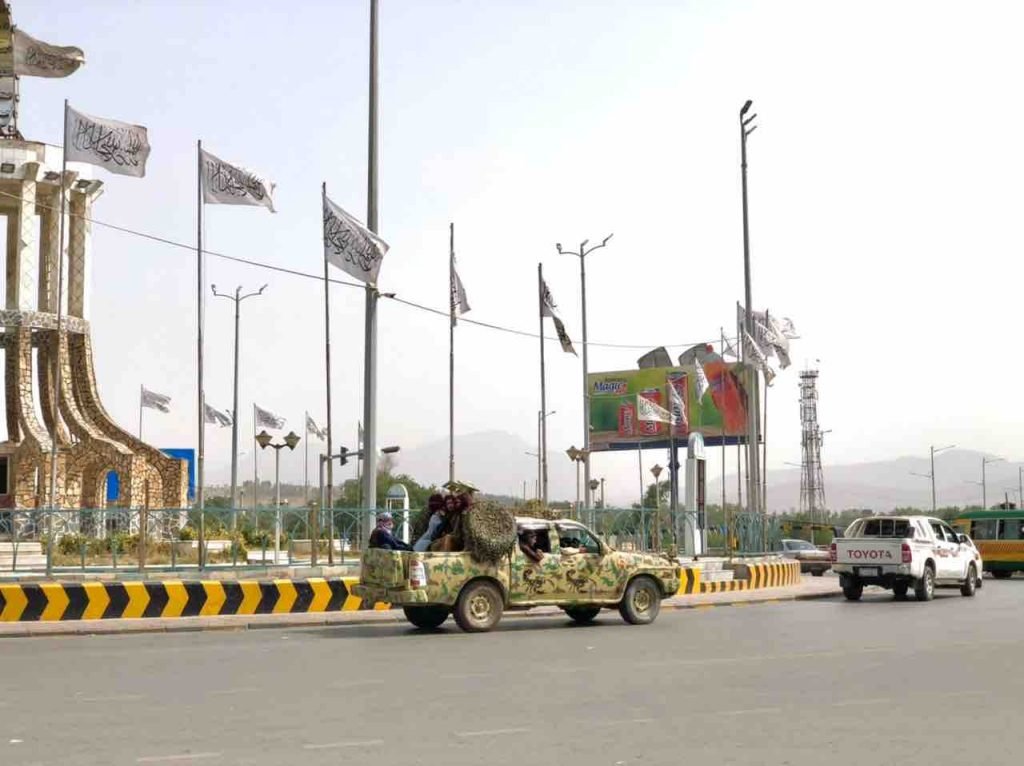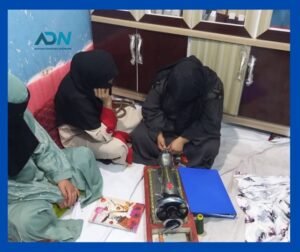Taking a closer look at the Taliban’s efforts to facilitate the return of former Afghan officials

Kabul is under Taliban rule. Photo: @AADIL
By Ilhamuddin Afghan
To aid in the return of former government officials and political personalities, the Taliban established the “Commission of Contact with Afghan Personalities and their Repatriation” in March 2022.
According to Ahmed Wasiq, a spokeswoman for the commission, the agency has established a procedure for the return of former government officials. This procedure outlines how to visit, resolve legal disputes, handle investment issues, and carry out specific duties. Wasiq stated that a process had been developed to provide returning Afghans with a document assuring their safety when they returned to their home country. This procedure has been prepared for and completed. Many former government workers have already returned as a consequence of the commission’s efforts.
Wasiq also stated that the office in charge of connecting with Afghan personalities is available twenty-four hours a day and assists anyone who wishes to return home. Contacting this commission will allow interested individuals to obtain the necessary documentation and record their circumstances. All those who left Afghanistan as a result of the anti-Taliban propaganda desire to think about going back, Wasiq claimed.
However, former officials have voiced concerns about the practice. They consider the commission’s protocol to be rude and inconsistent with the Afghan culture. Without contacting them, the Taliban anticipate that returning Afghans will fill out a form online. Instead, they argue that in order to better comprehend their problems and address them on a more personal level, the Taliban should engage directly with the former Afghan government employees. Notably, the Taliban have not dispatched a delegation to assist people like Muhammad Umar Dawoodzai, the previous interior minister, or other politicians in their return.
Dawoodzai believes that rather than limiting the invitation to an online form, the Taliban should go meet with the people personally. The locations and addresses of these Afghan personalities are available, enabling direct communication.
Since the Contact Commission was founded, a large number of former politicians and officials at all levels, including ministers, deputy ministers, governors, National Council members, and police commanders, have returned to Afghanistan.
Commission’s Impact Questioned
Despite the benefits that the Contact Commission’s operation provided, several Afghan observers have criticized the technical components of it. Amanullah Ghalib, the former CEO of the energy company, the former education minister, Farooq Wardak, the first deputy of the previous Senate, Hasibullah Kalmizi, the deputy head of the national security council, Abdul Hakim Noorzai, the former governor of Kandahar, Toryalai Wesa, the defense ministry spokesperson, General Dawlat Waziri, and numerous others have reportedly returned as a result of their interactions with the commission.
Ahmadullah Wasiq, the spokesperson for the Contact Commission, reassures that the returning political figures are adequately safeguarded and that the commission is meticulously looking into their situations. Some people do not, however, believe that the commission’s creation was an honest effort. Others, including Afghan immigrant Ehsanullah Nero, who identifies himself as the Council of Resistance’s spokesperson for the Salvage of Afghanistan, stated: “Such a small commission cannot handle the complex issues of Afghanistan. A diverse and inclusive government is what we seek. We call for the reinstatement of women’s rights, freedom of speech, and the form of government. This commission is too small to deal with these intricate issues,” Nero argued.
Political analyst Rawan Farhadi claimed that using the commission to return to Afghanistan would be equivalent to pledging support to the Taliban government.
The commission’s plan, in the opinion of critics, is too limited in scope to effectively address these critical challenges. They describe the commission’s actions as meaningless formalities or Taliban symbolism. Many returnees received security cards from the commission, affording them benefits like legal help despite the fact that they did not work for the former administration.
It is still debatable to what extent the Commission of Contact with Afghan Personalities and their Repatriation was successful in facilitating the return of notable Afghans who had left Afghanistan. Even while some people have returned, the bigger effects and the amount of advancement the commission’s initiatives have remained in question.
Ilhamuddin Afghan is a university professor based in Afghanistan.
Note: The contents of the article are of sole responsibility of the author. Afghan Diaspora Network will not be responsible for any inaccurate or incorrect statement in the articles.






